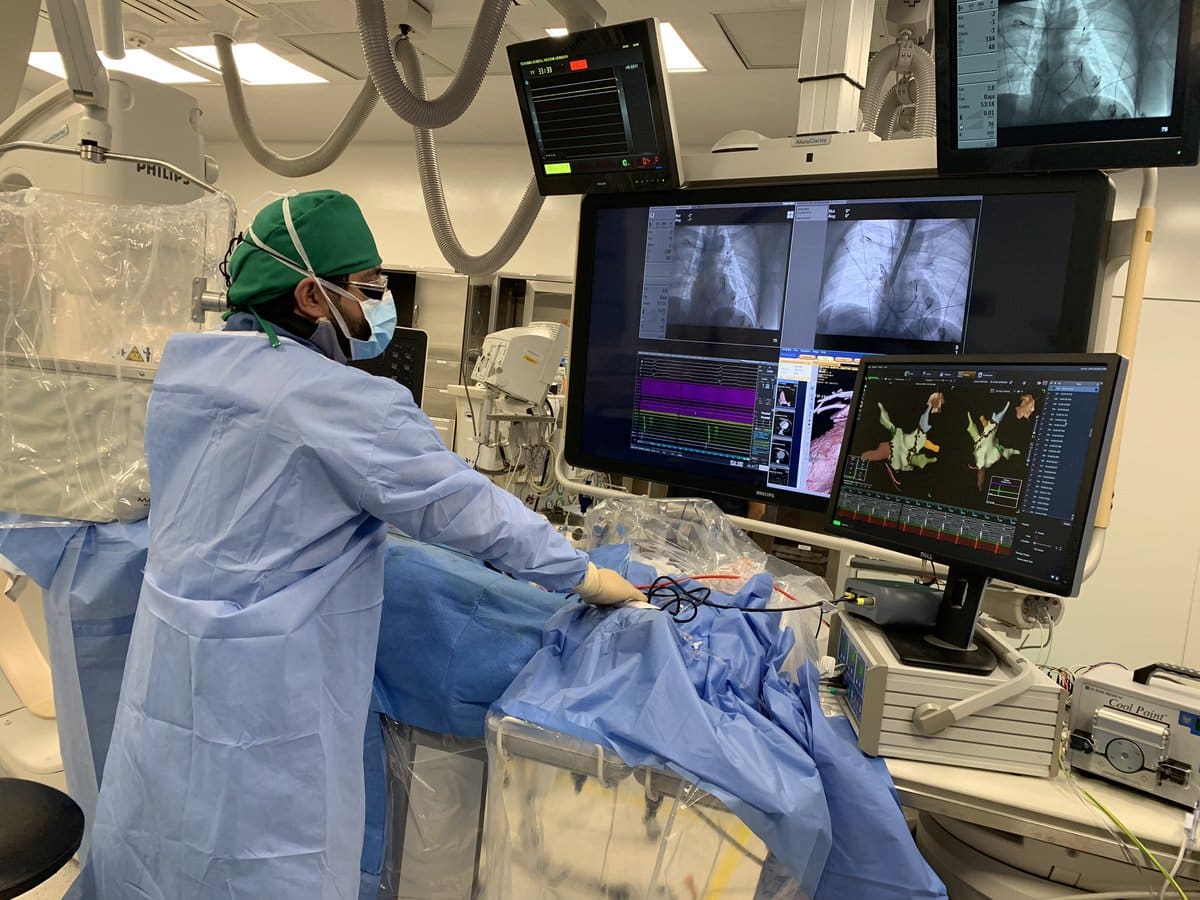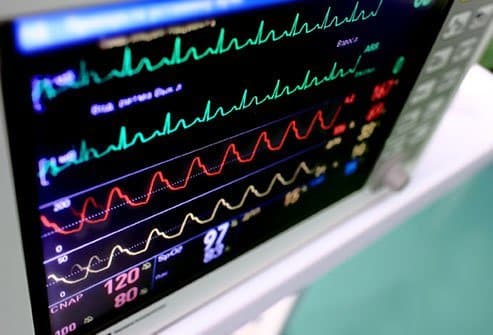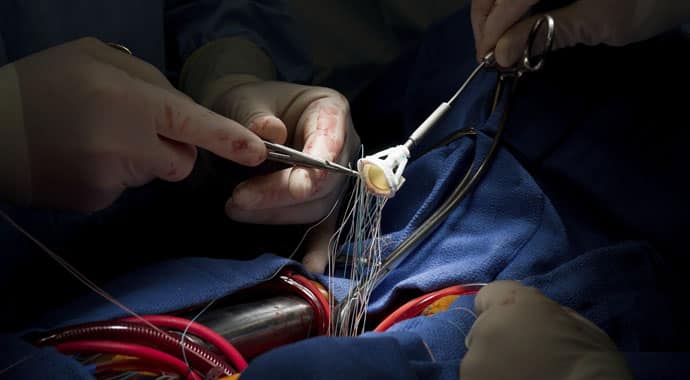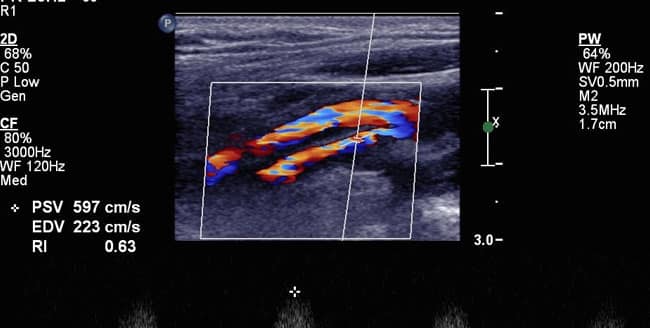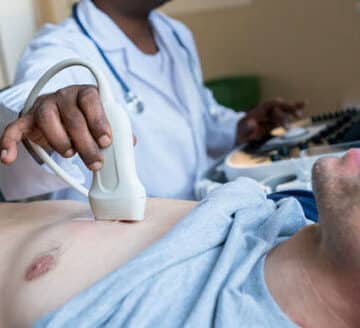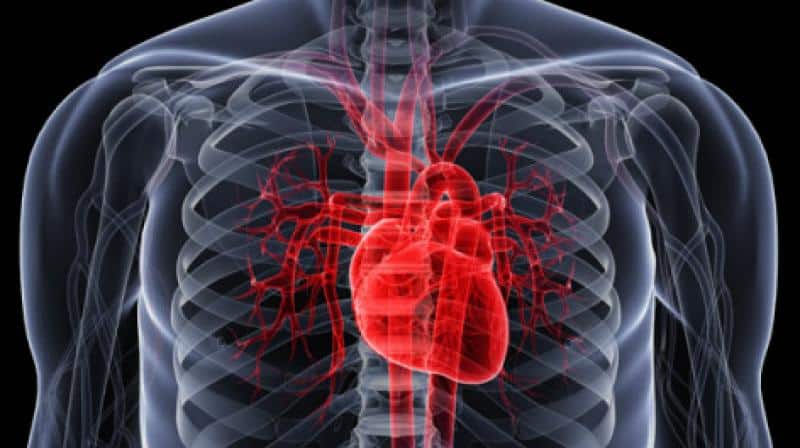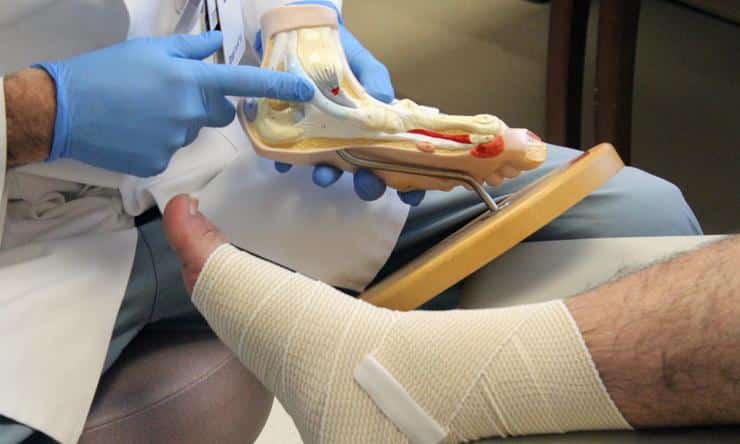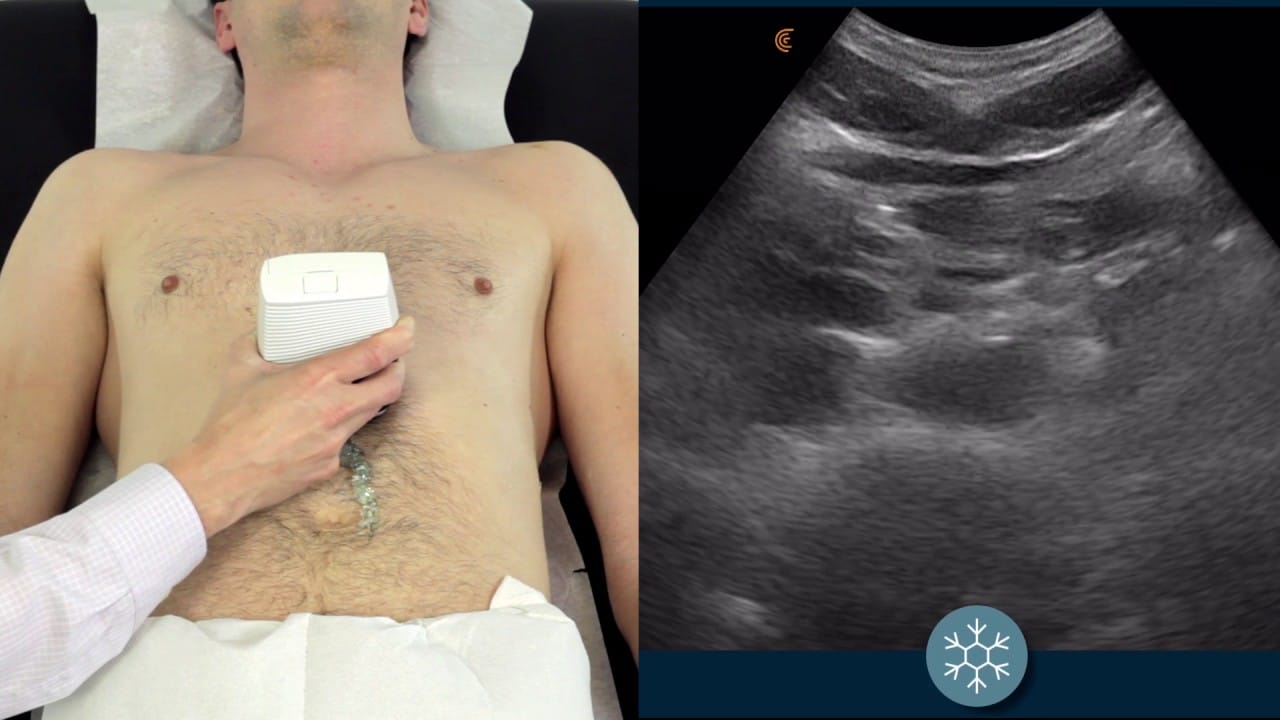Peak Heart & Vascular
Multispecialty Cardiovascular Group located in Laveen, Surprise, Avondale, Phoenix, and Flagstaff, AZ
Sleep is an important component of a healthy lifestyle. Disorders of sleep can lead to stress and reduction in productivity. Home Sleep study is one of the methods used for diagnosing sleep related disorders. Sleep study is a method by which your doctor gathers information about various variables while you sleep like your heart rate, your breathing rate, whether you snore or not, your brain waves, movement of different limbs during sleep, oxygen level in your blood and temperature. Correlating these variables will help your doctor arrive to a conclusion on the cause of the disorder.
Sleep Apnea Q & A
What are the different types of sleep studies offered for Sleep Apnea?
- Home study: It is possible to conduct a sleep study at home using a standard monitor. Although this measures less number of variables as a complete sleep study done in a sleep lab, it helps your doctor decide the treatment plan.
- Polysomnography: Sleep study is conducted in a special sleep lab which may be present in a hospital or at an independent sleep testing facility. You will be requested to reach the sleep lab by evening; you will be spending the night in the sleep lab.
What is STOP- BANG questionnaire?
STOP-BANG score is a screening tool to identify patients at risk for Sleep Apnea. If STOP-BANG
score is high, you will be referred for home sleep study.
- Snoring at night
- Tiredness
- Observed apnea
- High Blood-Pressure
- BMI more than 35Kg/m2
- Age more than 50 years
- Neck Circumference more than 16 inches
- Gender (Male at higher risk)

